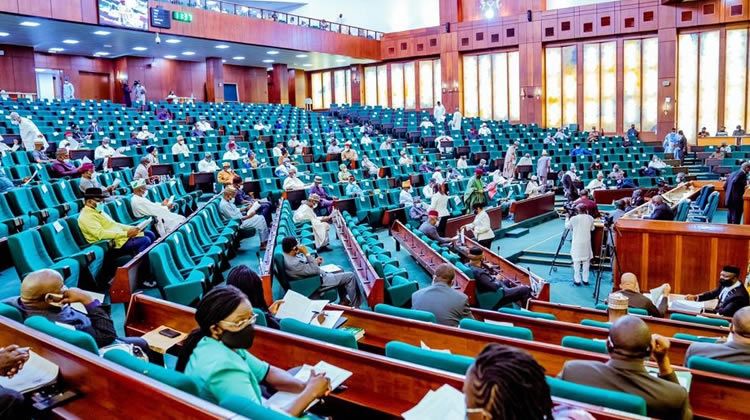
The House of Representatives has initiated an investigation into the alleged abuse of tax incentives, waivers, and exemptions, which have reportedly led to an estimated N8 trillion in lost revenue for the Federal Government.
The investigation was triggered by the adoption of a motion of urgent public importance, presented by Oluwole Oke, a member representing Oriade/Obokun Federal Constituency in Osun State, during Thursday’s plenary. While the motion had been initially adopted on July 14, 2023, Oke’s renewed push indicates that little progress had been made on the matter.
During his presentation, Oke explained that the taxation of incomes, profits, capital gains, exports, and imports falls under the exclusive control of the Federal Government, with fiscal policies aimed at stabilizing the economy. He noted that tools such as tax waivers, breaks, exemptions, and incentives are often used to stimulate economic activities in targeted sectors.
However, he pointed out that despite the government’s well-intentioned policies, tax incentives and waivers had become a “major black hole” in the country’s finances, largely due to abuses by companies benefiting from the system. According to Oke, Nigeria loses about N8 trillion annually due to these practices, with N6 trillion lost to companies exploiting the system and N2 trillion resulting from mismanagement of waivers.
The lawmaker highlighted specific fiscal items susceptible to abuse, including capital allowances, investment allowances, pioneer status incentives, free trade zone exemptions, and VAT exemptions. He noted that these loopholes have contributed to Nigeria’s low tax-to-GDP ratio, which currently stands at just 10.6%, one of the lowest in Africa.
Oke warned that if corrective actions are not taken swiftly, Nigeria could face a severe fiscal crisis, potentially leading to economic turmoil similar to that of Venezuela, a country rich in resources yet facing deep economic challenges.
Following the discussions, the House mandated its Committees on Industry, Finance, and Commerce to investigate the matter and present a report within four weeks for further legislative action.





